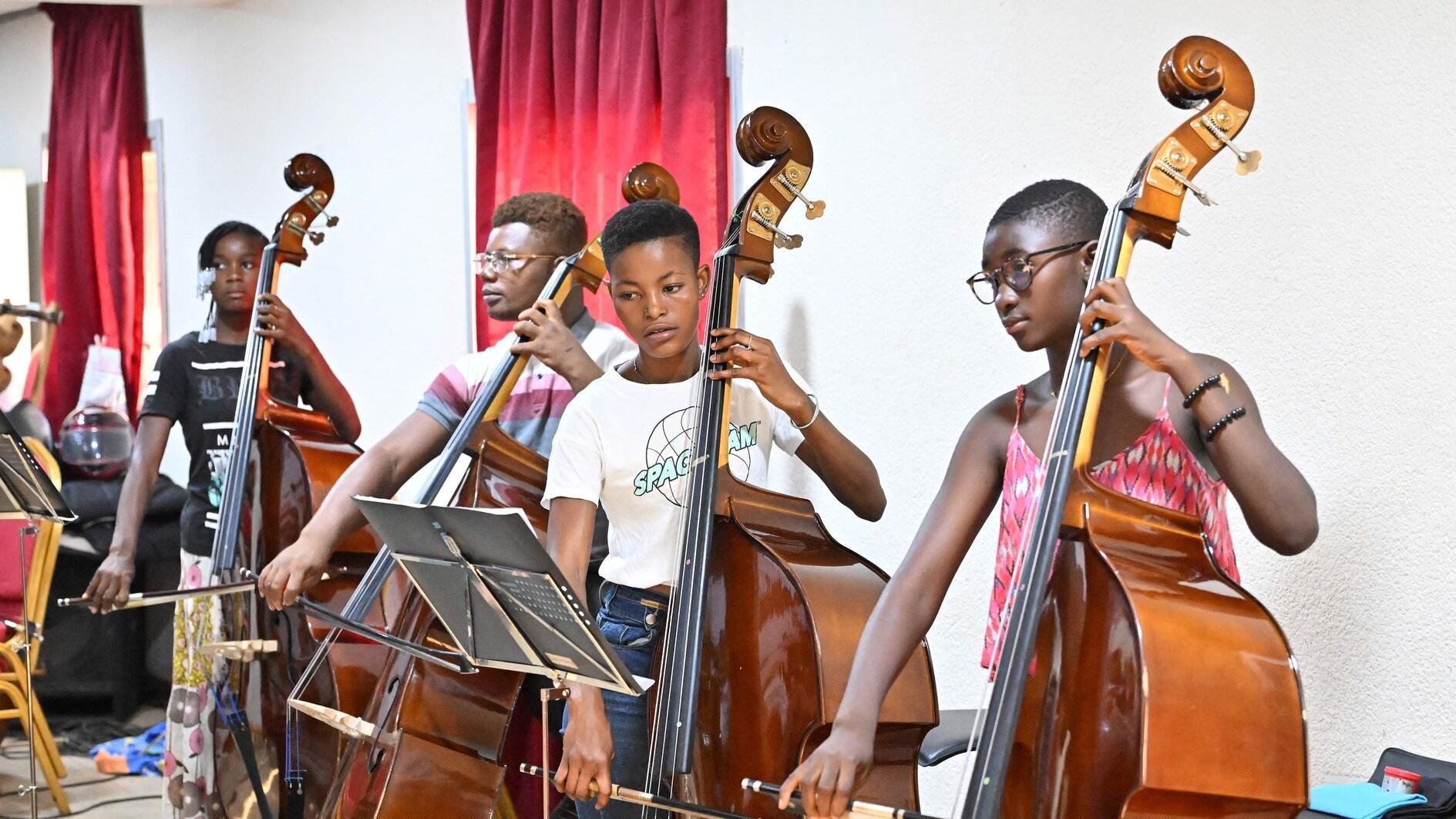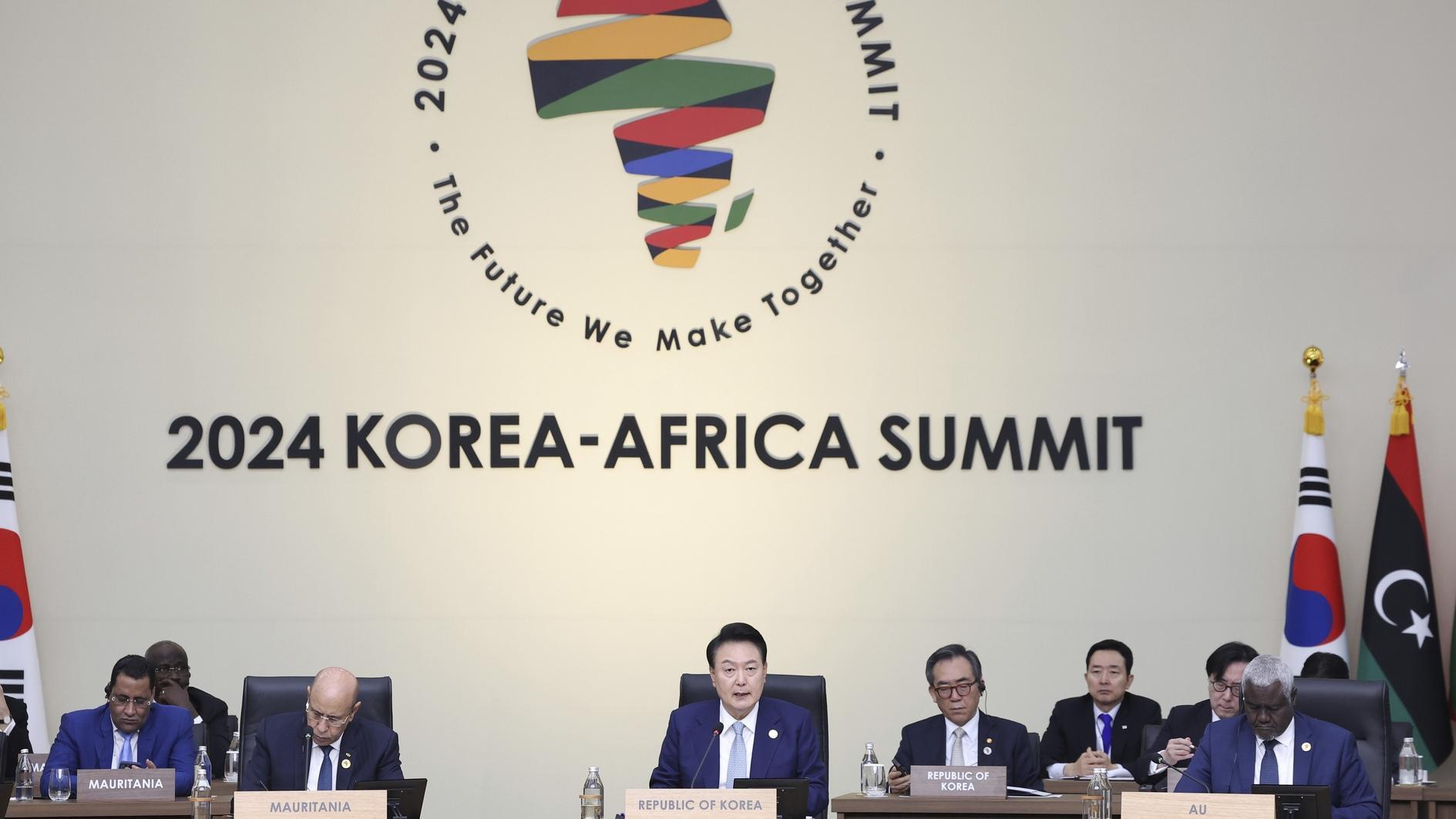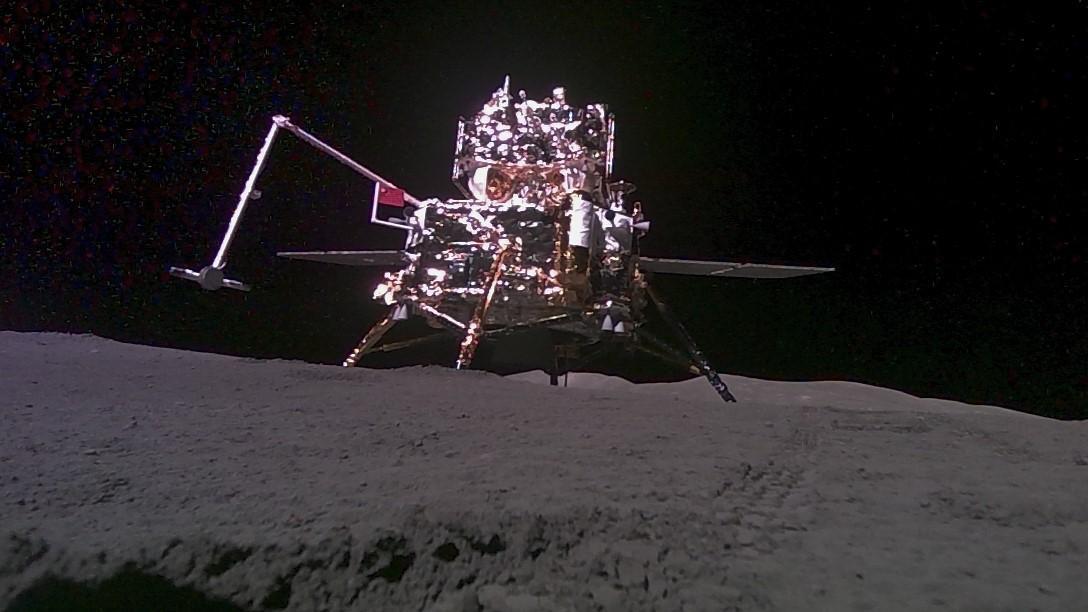Rent-a-fan!
When most things a country boasts turn into simple daily parody, the sports scene could hardly have remained immune. In Turkey, it has not.
The government’s systematic efforts to suppress dissent after the Gezi protests have reached an otherwise unlikely terrain: the football field. As was recently widely reported in the press, Istanbul team Beşiktaş’ famously raucous fans, who were active players in the Gezi protests, must now sign a pledge when buying tickets for the season not to chant anti-government (or pro-Gezi) slogans.
In a recent statement, Interior Minister Muammer Güler explained: “We are adding bad political and ideological slogans to the list of illegal demonstrations in football stands, or behavior not complying with sporting ethics.” If not in Turkey, one could have wondered what “bad” political and ideological slogans could be. Soon after the minister’s speech we learned what we very well knew: “Bad,” as always, means what the government dislikes, and “good” is what it likes - just like kindergarten reasoning.
But that’s hardly surprising, although how this mentality pops up is increasingly childish, absurd and sometimes amusing. For instance, after dozens of Turkish athletes were found to have used doping in international competitions, Uğur Erdener, head of the Turkish National Olympic Committee, said that the spate of doping cases in Turkey should help, rather than harm, Istanbul’s bid for the 2020 Olympics. Dopistanbul? Even Foreign Minister Ahmet Davutoğlu could not have worded such optimism.
What if the Turkish bid has failed? It’s because of the Gezi protesters, according to EU Minister Egemen Bağış. What if it has won? The credit should go to our government for its vigorous efforts and, of course, to Turkey’s premium democratic credentials.
Fortunately, at the opening week of the Turkish Super League, “good” political and ideological slogans were abundant. A dozen or so footballers made the pro-Morsi “Rabaa” sign while cheering after scoring. A club distributed thousands of Egyptian flags and Morsi posters to its fans in support of the Muslim Brotherhood. These were “good” political manifestations.
But sadly Beşiktaş fans ignored Minister Güler’s warning and cheered in support of Gezi protests. Şamil Tayyar, a government lawmaker, showed the right way to deal with them: Beşiktaş’ stadium should be seized by the government and turned into a park, while the score of the game should be registered as 3-2 against Beşiktaş although the Istanbul side had won 2-0.
Mr. Tayyar and his party fellows should be given further inspiration about how the government should decide on final scores of football games. An African inspiration could be too hard to copy. In March 2010, Zimbabwean dictator Robert Mugabe sent a celebratory gift for World Cup qualification: an ark populated with pairs of giraffes, baby elephants, warthogs, zebras and the other animals the Bible considers essential to post-diluvian life. But Mr. Tayyar’s party could always think about sending reptiles to “bad” fans and bank checks to “good” ones.
That failing, the government can always launch the rent-a-fan system invented three years ago by the late North Korean dictator Kim Jong-Il. Football fans were puzzled at the North Korean rent-a-fans pictured in the stands at the 2010 World Cup. The “North Koreans” were Chinese actors paid to attend the North Korean games in South Africa. In fact, the Kim Jong-Il-style rent-a-fan scene was already rehearsed in “advanced democracy” Turkey.
In June, the Gezi protests had spread to Mersin where Prime Minister Recep Tayyip Erdoğan would inaugurate the 2013 Mediterranean Games. The tickets for the opening ceremony had been put on sale and sold out within 15 minutes. Not so mysteriously it appeared that one man, name withheld, had bought all the tickets. Erdoğan fans were hauled in by the party organization, but sadly the dignitaries had to speak to half-filled seats while in the same hours police dispersed protesters by tear gas and pepper spray outside the stadium which was hosting “games for peace.”
Mr. Kim was right. When you cannot win hearts and minds you can always rent them.










